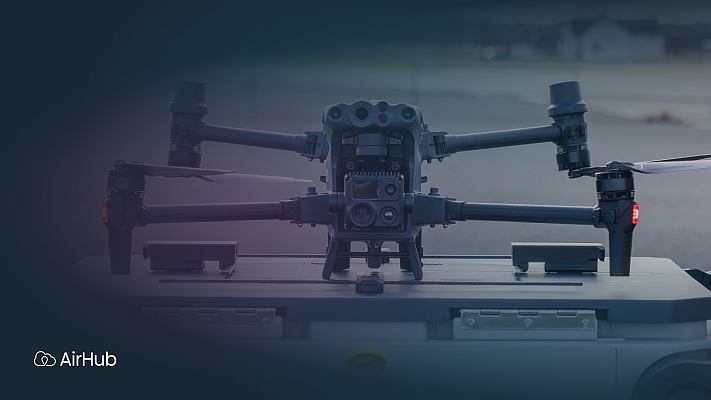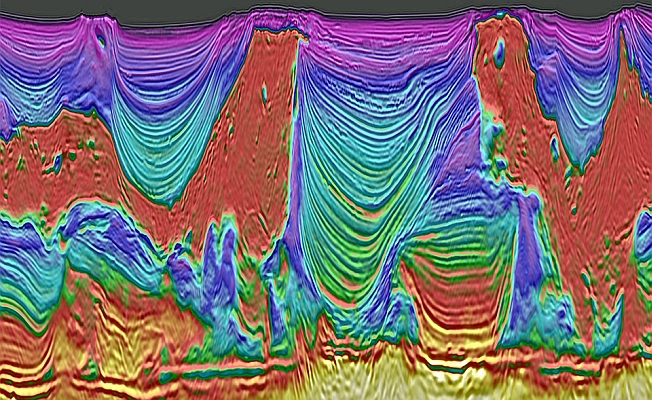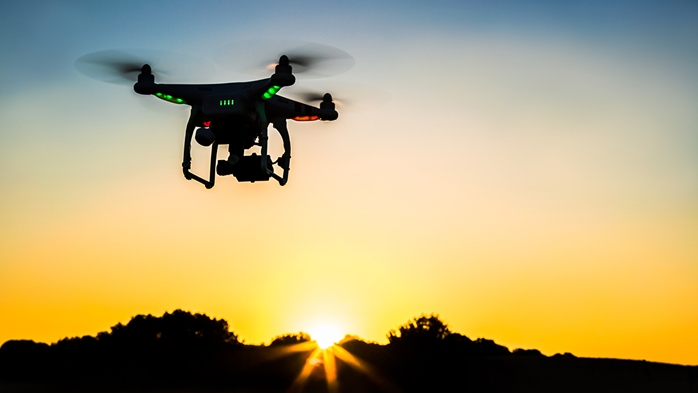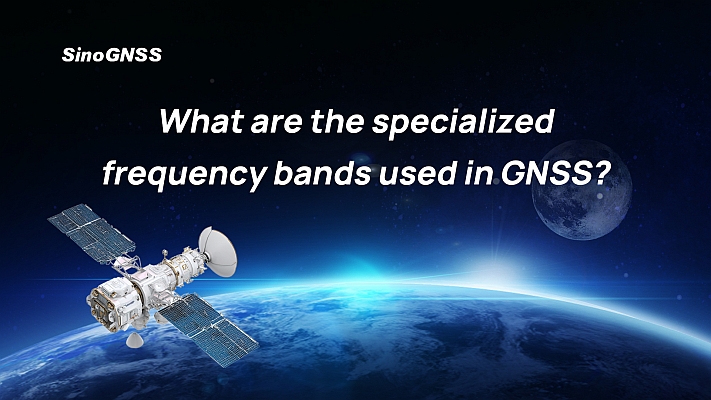DigitalGlobe, a leading global provider of high-resolution earth imagery solutions, has partnered with Extreme Ice Survey (EIS) to combine on-the-ground photography with satellite imagery to monitor the state of the world’s glaciers. The organizations have also issued a first report, “Worldwide Glacier Monitoring Report,” which includes black and white and natural color satellite images from the last three years to show how three glaciers have changed over time: Khumbu Glacier at Mt. Everest, the Ilulissat Glacier in Greenland and the Breidamerkurjökull Glacier in Iceland.
EIS uses an innovative photographic approach to illustrate the evidence of climate change over time, providing scientists with vital insight on glacial retreat. EIS has installed more than 30 time-lapse cameras to record glacier change every half hour of daylight, year-round, in Alaska, Greenland, Nepal, Iceland and the Rocky Mountains. EIS Founder James Balog, a renowned environmental photographer, earth scientist and adventurer, said the satellite imagery is helping to further his organization’s work.
“Glaciers are a clear indicator of the state of the environment, a barometer and thermometer of local and regional climate conditions. Satellite imagery, taken over time and regularly refreshed, helps all of us see glacial change in even greater detail. It’s the key to more efficiently documenting, measuring and monitoring glaciers around the world. This is a partnership that will deliver fresh and important insights into climate change.”
Stephen Wood, Vice President, DigitalGlobe Analysis Center said the company’s daily documentation of the Earth gives a deeper understanding of the business, market, environmental and political changes that impact people around the world. “Whether we’re working with a civil government, private business or nonprofit organization, we believe that proactive and constant monitoring can help us preserve the planet’s resources. That’s why we are so proud to work with partners like Extreme Ice Survey. By regularly collecting imagery of the world’s glaciers, we can instantly see what’s changed, or hasn’t, and add an unblinking eye to the environmental watch.”
The “Worldwide Glacier Monitoring Report” is the first in an expected series of environmental reports from DigitalGlobe. Future glacier reports will combine data from actual visits to the glaciers, time-lapse photography and stereo imagery to give an even clearer picture of the true state of the world’s glaciers.
Follow us on Twitter!







